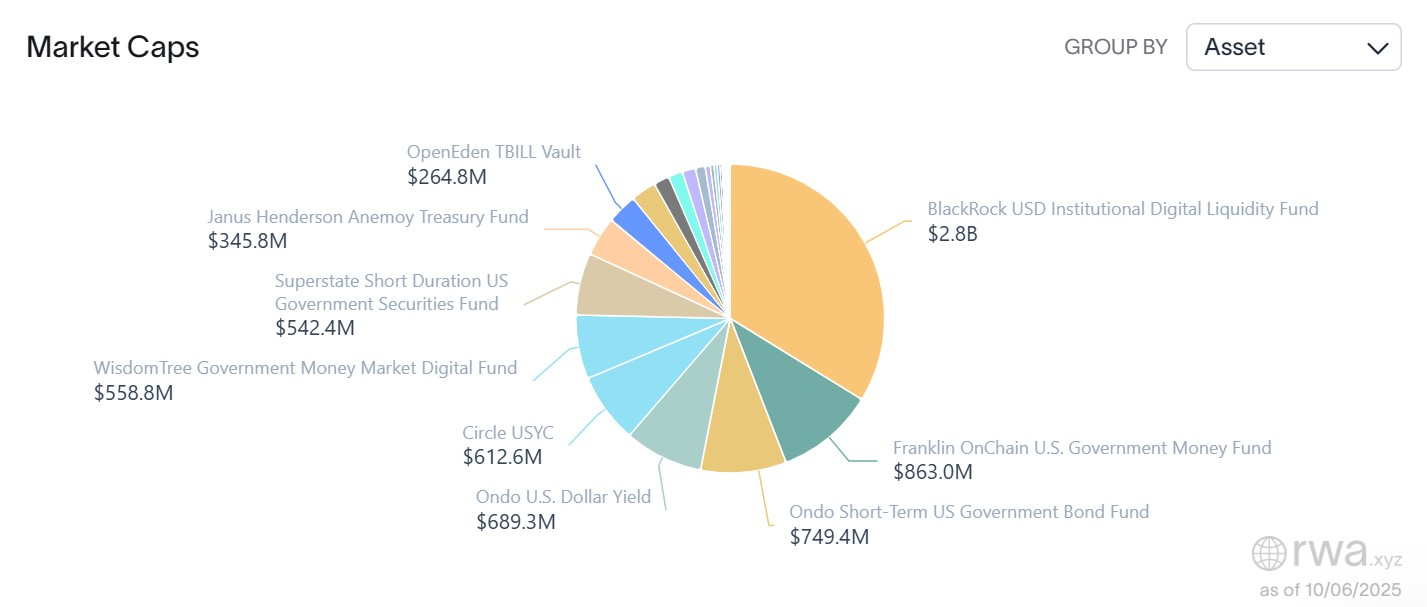
Vietnam‘s Crypto Ambitions Face an Unexpected Roadblock
Vietnam‘s much-anticipated digital asset trading pilot program, designed to foster a regulated crypto market, has hit an unexpected snag: zero applications. According to recent reports, the Ministry of Finance confirmed that no companies have submitted proposals to participate in the five-year initiative, despite growing global interest in digital asset adoption. This lack of enthusiasm raises significant questions about the program’s feasibility and the regulatory landscape in the country.
The primary reason for the lack of applicants appears to be the stringent requirements set by the Vietnamese government. Companies are faced with substantial hurdles, including stringent capital demands and limitations on the crypto products they can offer. Licensed crypto asset service providers (CASPs) are required to maintain a minimum capital of 10 trillion dong, equivalent to approximately $379 million. This requirement is comparable to that of a full commercial bank, placing a significant burden on potential participants, especially financial technology startups.
A Narrow Product Set: Stablecoin Restrictions
Furthermore, the pilot program‘s scope is significantly limited. The regulations restrict the issuance of crypto assets backed by fiat currencies or securities, effectively ruling out most stablecoins like USDT and USDC. This limitation curtails the range of products that can be offered, potentially deterring both retail and institutional investors. This is especially poignant given the current market trend.
The restrictions in Vietnam are at odds with the burgeoning global demand for stablecoins and tokenized securities. The stablecoin market is booming, with a supply exceeding $300 billion and significant transaction volume. Meanwhile, tokenized treasuries are also experiencing considerable growth. This suggests that Vietnam‘s approach may be out of sync with the broader market trends, potentially putting the country at a disadvantage in attracting investment and innovation.

Comparative Landscape: Other Southeast Asian Markets
Compared to other Southeast Asian jurisdictions, Vietnam‘s requirements appear overly burdensome. Singapore, Hong Kong, and Japan offer more accessible pathways for non-bank crypto businesses, with capital requirements ranging from $1 million to $5 million. This difference in regulatory approach might make these markets more appealing to crypto companies seeking to establish a presence in the region.
The Path Ahead
The Ministry of Finance is working to expedite the licensing process for the pilot program, aiming for a launch before 2026. However, the future of the initiative depends on whether enterprises can meet the demanding requirements. This situation underscores the delicate balance between regulation and innovation that governments must navigate as they seek to foster digital asset markets. Without modifications, the pilot project’s success remains in doubt.


